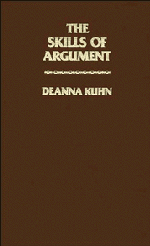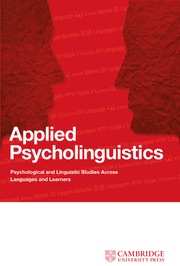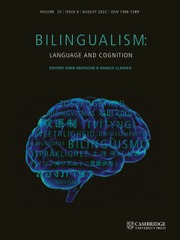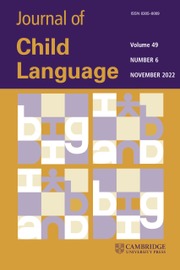The Skills of Argument
The Skills of Argument presents a comprehensive empirical study of informal reasoning as argument, involving subjects across the life span. Subjects ranging in age from adolescence to late adulthood were asked to describe their views on social problems that people have occasion to think and talk about in everyday life, such as crime and unemployment. In addition to providing supporting evidence for their theories, subjects were asked to contemplate alternative theories and counterarguments and to evaluate new evidence on the topics. This is the first major study of informal reasoning across the life span. Highlighting the importance of argumentive reasoning in everyday thought, the book offers a theoretical framework for conceptualizing and studying thinking as argument. The findings address issues of major importance to cognitive and developmental psychologists, as well as educators concerned with improving the quality of people's thinking. The work is also relevant to philosophers, political scientists, and linguists interested in informal reasoning and argumentive discourse.
Reviews & endorsements
"This book describes the results of a carefully designed and executed set of interviews about the understanding and use of arguments in the broad sense. It reveals widespread weaknesses in abilities needed for responsible citizenship, and it provides a framework for understanding these weaknesses. It represents an important new direction in the psychology of thinking, with implications that are both theoretical and practical." Jonathan Baron, University of Pennsylvania
"...an extremely important book...a well-done empirical study of people's informal reasoning. It goes a long way toward filling the large gap between psychologist..." Jonathan Baron, Informal Logic
Product details
July 1991Paperback
9780521423496
336 pages
229 × 153 × 24 mm
0.45kg
Available
Table of Contents
- Acknowledgments
- 1. Introduction
- 2. Causal theories
- 3. Evidence to support theories
- 4. Alternative theories
- 5. Counterarguments
- 6. Rebuttals
- 7. Epistemological theories
- 8. Evaluation of evidence
- 9. The role of expertise
- 10. Conclusion
- Appendices
- References
- Index.





